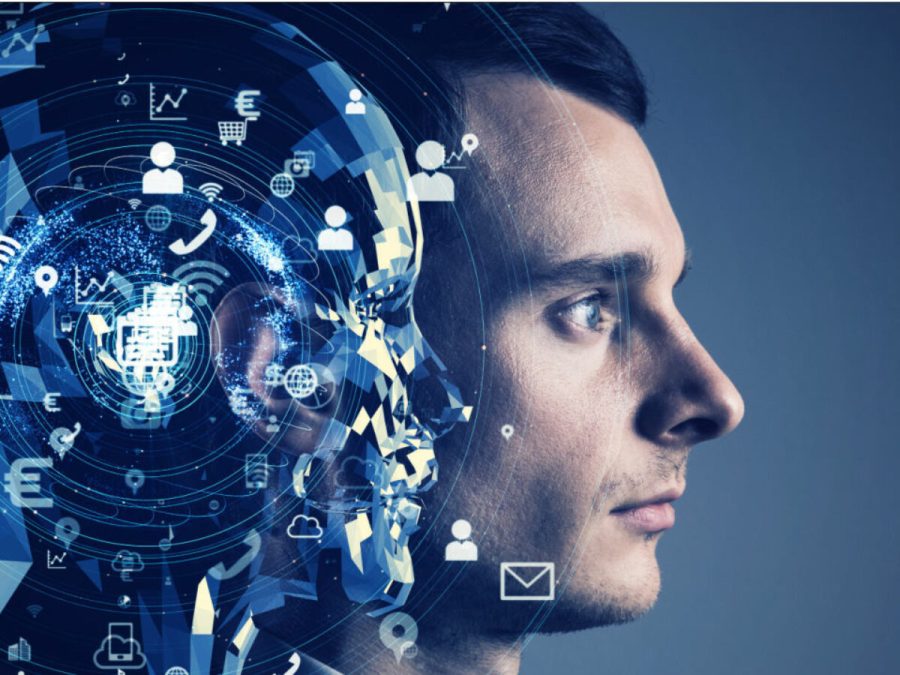When you hear artificial intelligence (AI) you probably think of ChatGPT or other AI Chatbots. The idea of AI has been around since the 1950s, and since then the definition has been changed because of technical advancements. AI is explained as a machine that’s able to do tasks on users’ commands. Some of the most common AI used by most people are smart speakers such as Alexa, Google Home, and Siri. AI has also had positive and negative impacts on this generation. Some positive impacts AI has on society: it has improved productivity, improved healthcare, and increased access to education. Some negative impacts AI is causing: the loss of jobs for some people, since Ai can now do those jobs, global regulations, accelerated hacking, and AI Terrorism.
There are three types of AI; the three types of AI are narrow AI, general AI, and super AI. Narrow AI is mainly voice assistance, such as Alexa, Siri, google, and other AI assistance. Narrow AI was designed to answer your questions but not solve your problems. Narrow AI is considered a weak AI because it does not contain any real intelligence. General AI is known as a smart kind of AI. General AI is more on the level of human intelligence. Soon general AI will be able to understand any tasks. Super AI is a self-learning AI. It can learn from past experiences and improve on it. Super AI is still hypothetical, however, but if we managed to achieve this great advancement, it would greatly improve how humans do things.
RELATED STORIES:
https://spectrum.ieee.org/topic/artificial-intelligence/
https://www.nytimes.com/spotlight/artificial-intelligence
https://news.mit.edu/topic/artificial-intelligence2
https://developer.ibm.com/technologies/artificial-intelligence/articles/
TAKE ACTION:
https://openai.com/blog/chatgpt






